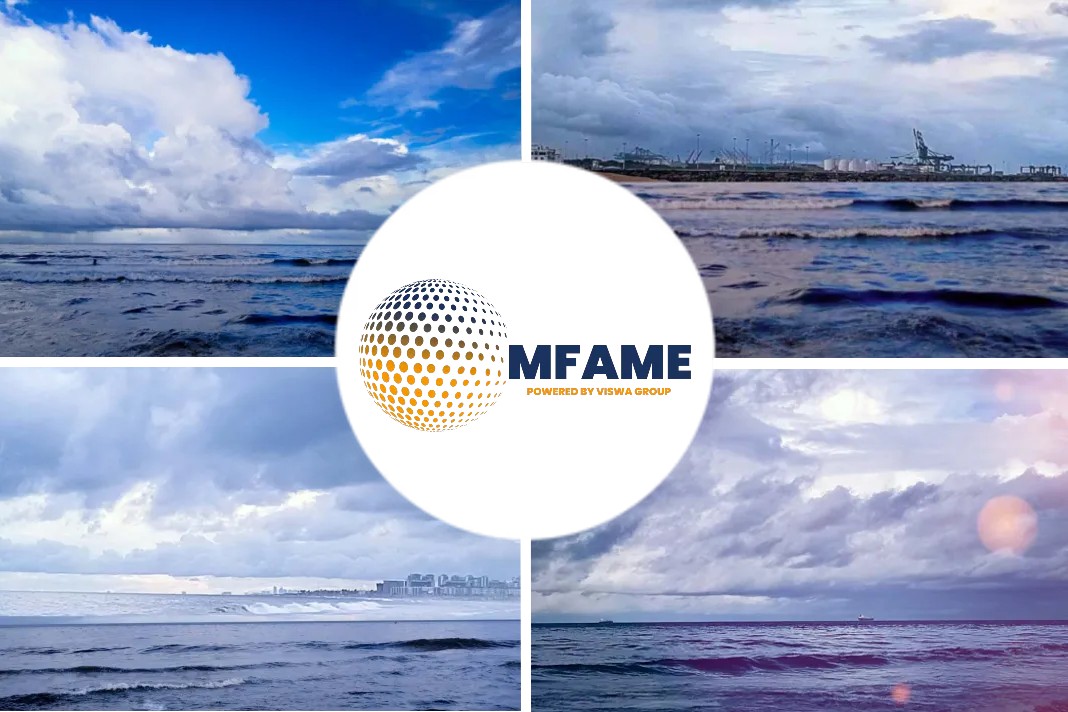A recent news article published in the Nikkei Asia states that Russian oil tankers turn to stealth shipments under sanctions.
Difficulty of enforcing Western sanctions
Nearly a third of oil tankers operated by Russia’s largest maritime transport company were sailing without reported destinations at times since the invasion of Ukraine, in what analysts say shows the difficulty of enforcing Western sanctions on Moscow’s energy exports.
State-run Sovcomflot lacked destination information for up to 24 of its 76 tankers at the same time in March and April, shows a Nikkei analysis of public data provided by MarineTraffic.
This is nearly five times its peak number of ships with unknown destinations in the past year and far higher than competing shippers, which peaked at 10% or so at most over the same period.
Russian vessels feel the heat
The tightening sanctions net has made it harder for Russian vessels to find friendly ports of call. But it has also put Russian crude at a deep discount to international benchmarks, making it attractive to big energy buyers.
In one case, a tanker off the Scottish coast that had been set to dock in Orkney abruptly changed course when the U.K. banned Russian vessels from its ports, effective March 1. The ship then headed to Denmark but did not unload there. After nearly a month of loitering at sea, the tanker switched its destination to “awaiting orders” for over two weeks before setting it to India in late April.
Sovcomflot ships with known destinations were bound for Russian ports or countries such as China that have steered clear of the Western-led sanctions campaign against Moscow. Nikkei was unable to obtain comment from Sovcomflot.
MarineTraffic location and destination data
MarineTraffic location and destination data comes from onboard equipment called an automatic identification system (AIS) that allows ships’ movements to be tracked in real time.
Russia exported 5.33 million barrels per day of crude oil in 2021, according to the Japan Oil, Gas and Metals National Corp. (JOGMEC). Overland pipelines to China and other destinations accounted for 34% of these flows, with the rest carried by ship.
With Urals crude now around 30% cheaper than benchmark Brent crude, demand for Russian oil is relatively high. Exports to China and India jumped 15% and 22% on the month by barrels per day, respectively, as of April 24, data from TankerTrackers.com shows. Shipments to the Netherlands were up around 20%.
Reputational risk
Measures like the U.K. ban and European and American financial sanctions have pushed many companies to steer clear of transactions involving Russian ships, now increasingly seen as a reputational risk.
“Oil refiners that had been transporting Russian crude have been searching frantically for alternatives to Russian vessels,” a source at a trading company said. “The tanker market doesn’t have enough ships.”
Vessels lacking set destination ports are often awaiting directions from the owner, but tankers may also intentionally conceal their destinations to do business in secret.
The volume of Russian crude being shipped on vessels with no reported destination surged 17-fold from March to April, data from TankerTrackers.com shows.
“Documents relating to ships or their cargo may have been forged, or cargo may have been repeatedly transferred between ships to hide that it came from a country subject to sanctions,” said Daisuke Harada of JOGMEC. Ship-to-ship transfers have previously been used to evade sanctions on Iranian oil.
Ship manipulating data
There have been cases of ships manipulating data, such as by shutting off mandatory AIS transponders, to cover their tracks. The number of Russian tankers turning off AIS position data has sextupled compared with before the Ukraine invasion, according to maritime risk research company Windward.
The European Union said in early May that it looks to ban imports of Russian oil this year, with a phase-in period before the measure takes full effect. Just over half of Russia’s crude oil exports went to Europe in 2020, according to JOGMEC.
“We’re beyond the limits of what trade controls can do,” said Masahiko Hosokawa, a professor at Japan’s Meisei University who is an expert on trade controls. “Companies and others will need to do more to close sanctions loopholes.”
Did you subscribe to our daily Newsletter?
It’s Free! Click here to Subscribe
Source: Asia Nikkei























